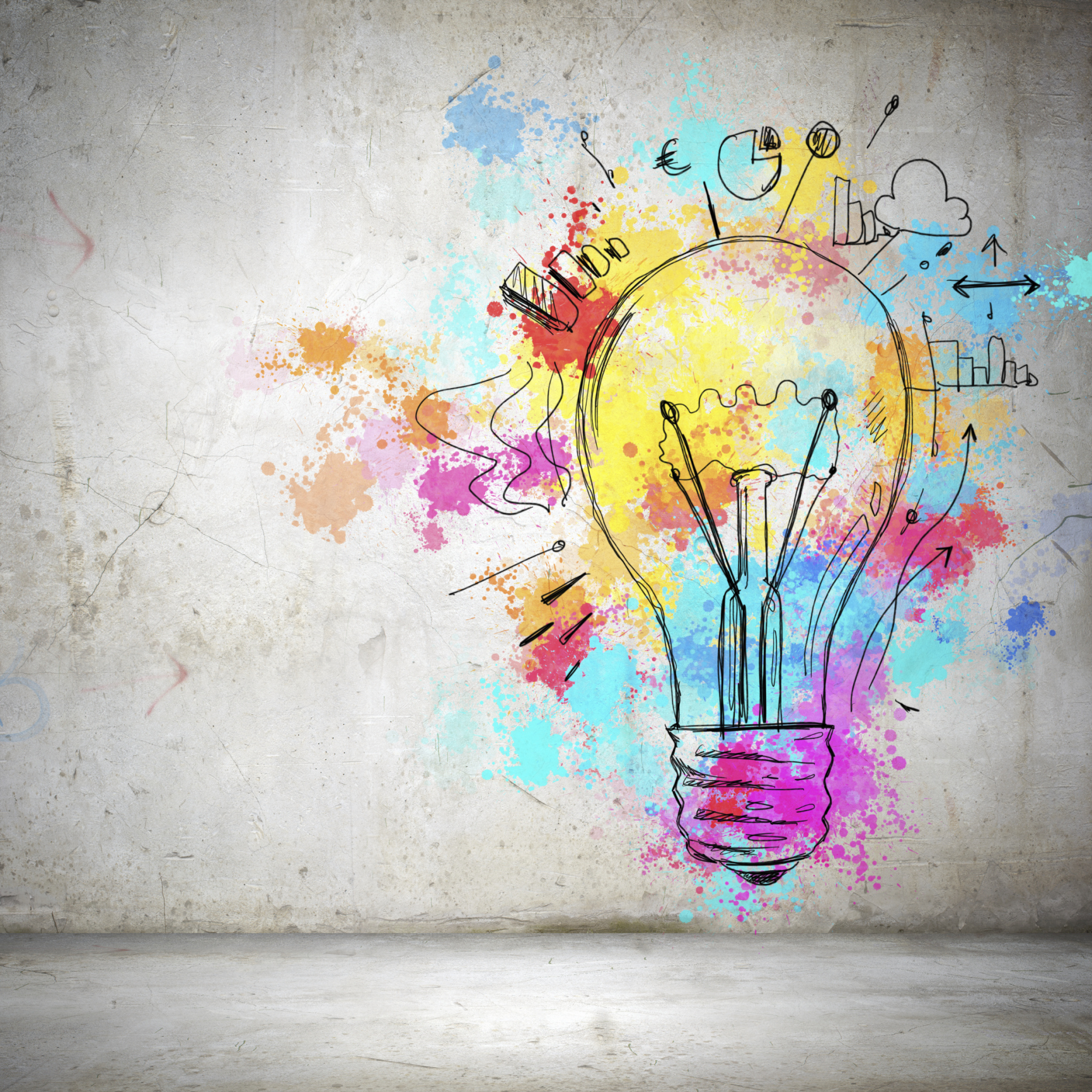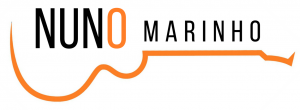
Did you know that the areas of the brain activated while playing from memory are deactivated during improvisation? Playing a written melody and improvising a solo activates different regions of the brain.
We all have a Classical musician friend unable to improvise or a Jazz musician friend that can’t read scores properly. It turns out that both are developing different neurological circuits.
Conversely, and at times, you might feel natural and easier to play a previously transcribed solo from a recording, while on other occasions that naturalness flows effortlessly to the ability of improvising your own solo.
As a Jazz Musician I was always fascinated (and intrigued) by creativity. What is it? Where does it come from? How do we grow, strengthen and develop it? How does it work?
Practice improves “muscle memory” (the ability to play without physical effort and excessive thinking). On the other hand, too much of “self-monitoring” often results in choking under pressure.
We’ve all been there: Practice, hard work, nailing concepts or tricky passages, but when time comes… we mess up.
Turns out we might only be working half the brain we should.
The motor learning acquiring process is a balance between (1) elaborating on what and how to produce a desirable sound, phrase or musical effect (technical practice) and (2) putting all of those concepts together in a musical context (performance practice).
The technical practice stage is our struggle to manage contents, to understand them and to apply them in context. It’s the stage where we have to think before we do. It’s the analytical, theoretical and practical thinking and executing happening in practice mode.
But we also need to get the other part of the brain involved in the process. We need to turn off the focused thinking mode and go to defuse thinking mode to be able to make connections and actually start improvising like a world class jazz musician.
The performance practice stage, on the other hand, is the automatic, freed and fluid action of playing an instrument without the need of conscious control of every movement. Music just happens. We’re in the zone.
In Basketball, for instance, we might think about a player who goes through the motions, executing drills, perfecting shooting motor skills and technicalities without engaging in real game time situations were action is required without possibility of corrections or run-throughs.
How many times do we, the musicians, engage in technical practice, correcting and perfecting licks, solos and musical concepts, without engaging properly in musical performance contexts? In Jazz the Jam Session plays a vital part in one’s development since it favors real-time musical events happening in real life musical environments.
But we can go beyond by transforming our practice sessions to resemble (the best possible way) all variables of stage performance:
- Preparation rituals;
- Dressing accordingly;
- Playing with some friends around;
- Playing through noisy environments;
- Recording;
- Simulating stage equipment and volume levels;
- Playing through the entire song;
- Playing through the entire repertoire.
Simulating real life performance situations favors preparation and habit which, in time, results in naturalness and easiness to optimized performances. So, the next time you go into practice mode, lock in with the intensity inherent to an actual demanding performance. You will grow consistency with your playing, confidence in your abilities and the thrill to perform in a regular basis.


